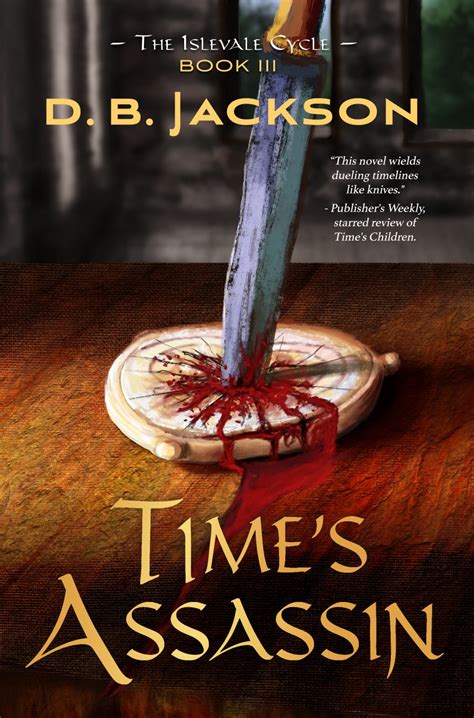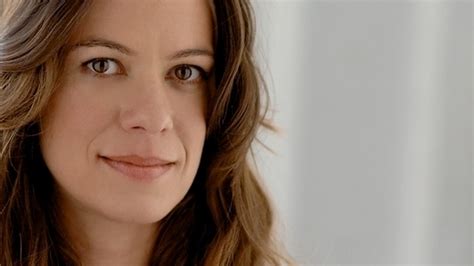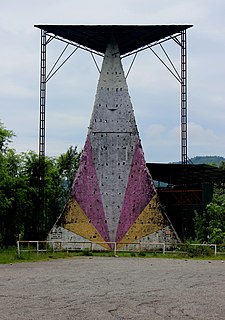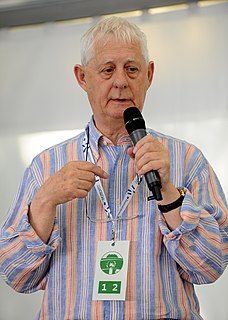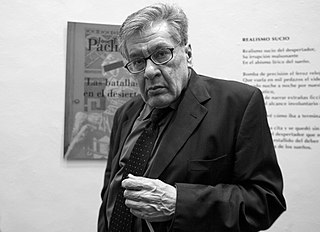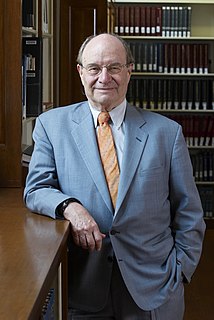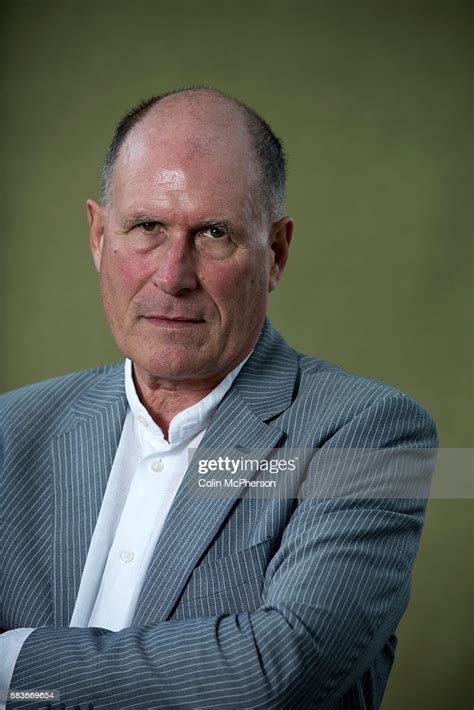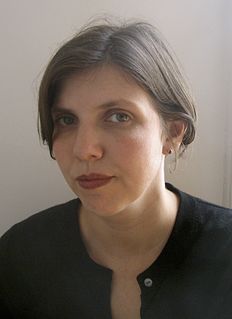Top 1200 Best Novel Quotes & Sayings
Explore popular Best Novel quotes.
Last updated on October 6, 2024.
Just when you thought the mafia novel was dead, Tod Goldberg breathes new life into it. Gangsterland, the best mafia novel in years, is a dark, funny, and smart page-turning crime story. It's also a moving, thoughtful meditation on ethics, religion, family, and a culture that eats itself. I loved this book.
I think I was also afraid of the novel. I write line by line, proceeding at snail's pace, rewriting as I go and paring the excess away. This is against all the best advice for writing long form prose, and I have tried over the years to break myself of the habit, but I can't bear to leave anything ungainly on the page and half the fun for me is that tinkering. So the length of a novel was a daunting prospect.
It's disingenous for me to say that I wasn't trying to write a moral novel. By its very nature as a novel about the Iraq War, Fobbit steps into the political conversation. There's no way to avoid that. I can appreciate that readers are probably going to line up on one side of the novel or the other. I hope they go to those polar extremes, actually.
You could say that this book is ripped from the headlines, but that wouldn't be fair. Bret Anthony Johnston's riveting novel picks up where the tabloids leave off, and takes us places even the best journalism can't go. Remember Me Like This is a wise, moving, and troubling novel about family and identity, and a clear-eyed inventory of loss and redemption.
I love short stories - reading and writing them. The best short stories distill all the potency of a novel into a small but heady draught. They are perfect reading material for the bus or train or for a lunchtime break. Everything extraneous has been strained off by the author. The best short stories pack the heft of any novel, yet resonate like poetry.
But to be perfectly frank, this childish idea that the author of a novel has some special insight into the characters in the novel ... it's ridiculous. That novel was composed of scratches on a page, dear. The characters inhabiting it have no life outside of those scratches. What happened to them? They all ceased to exist the moment the novel ended.
It's very bad to write a novel by act of will. I can do a book of nonfiction work that way - just sign the contract and do the book because, provided the topic has some meaning for me, I know I can do it. But a novel is different. A novel is more like falling in love. You don't say, 'I'm going to fall in love next Tuesday, I'm going to begin my novel.' The novel has to come to you. It has to feel just like love.
A novel is not an allegory.... It is the sensual experience of another world. If you don't enter that world, hold your breath with the characters and become involved in their destiny, you won't be able to empathize, and empathy is at the heart of the novel. This is how you read a novel: you inhale the experience. So start breathing.
The Brightwood Stillness is a novel I could not put down. On the surface, it is the lives of normal people in trying circumstances. Deeper, it is an uncannily perceptive exploration of male psychology… Pomeroy is a brave new voice capable of taking us beyond the clichés of war and its aftermath and into the secret heart of every man. This is simply the best novel I’ve read in a long time.
The point is, that the function of the novel seems to be changing; it has become an outpost of journalism; we read novels for information about areas of life we don't know - Nigeria, South Africa, the American army, a coal-mining village, coteries in Chelsea, etc. We read to find out what is going on. One novel in five hundred or a thousand has the quality a novel should have to make it a novel - the quality of philosophy.
I don't make movies. I don't feel that I have to have artistic control. Part of this comes from the fact that the book lives on no matter what Hollywood does to your novel in terms of a film. Now, you try to be careful who you allow to do your film because nobody wants their novel to become a turkey movie. But, on the other hand, it is a crapshot anyway, because even the best people can make a bad film.
A form wherein we can enjoy simultaneously what is best in both the novel and the short story form. My plan was to create a book that affords readers some of the novel's long-form pleasures but that also contains the short story's ability to capture what is so difficult about being human - the brevity of our moments, their cruel irrevocability.
Madly, futilely, I wrote novel after novel, eight in all, that failed to find a publisher. I persisted because for me the novel was the supreme literary form: not just one among many, not a relic of the past, but the way we communicate to one another the subtlest truths about this business of living.
Madly, futilely, I wrote novel after novel, eight in all, that failed to find a publisher. I persisted because for me the novel was the supreme literary form - not just one among many, not a relic of the past, but the way we communicate to one another the subtlest truths about this business of living.
You can't have a novel without real, believable people, and once you get into either too theoretical a novel or too philosophical a novel, you get into the dangers that the French novel has discovered in the past 50 or 60 years. And you get into a sort of aridity. No, you have to have real, identifiable people to whom the reader reacts in a way as if they were real people.
The more readings a novel has, even contradictory, the better. In journalism, you talk about what you know; you have provided yourself with records, you have gathered information, you have performed interviews. In a novel, you talk about what you don't know, because the novel comes from the unconscious. They are very different relationships with words and with the world. In journalism, you talk about trees; in the novel, you try to talk about the forest.
Writing has to do with truth-telling. When you're writing, let's say, an essay for a magazine, you try to tell the truth at every moment. You do your best to quote people accurately and get everything right. Writing a novel is a break from that: freedom. When you're writing a novel, you are in charge; you can beef things up.



